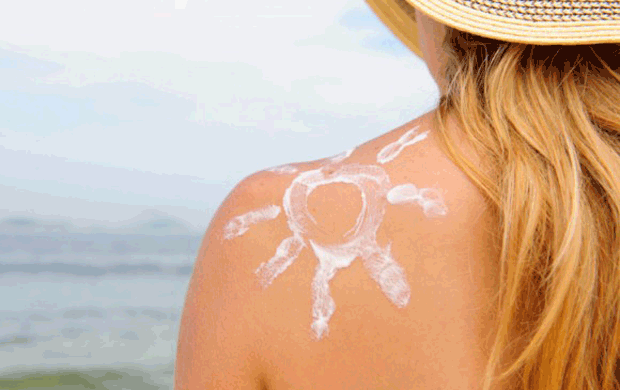The sun has finally begun to show. If you’re not one of those people who wears sun protection year-round (I know I’m supposed to but I just don’t do it when it’s depressingly grey outside), then now is the time to reach for SPF 30 and to keep an eye on freckles and moles.
AXA PPP healthcare, providers of private medical insurance, has planned an expert live chat on skin cancer to help people stay in the know this summer. An AXA PPP medical expert will be available to answer questions live on Tuesday 29 May between 3pm and 5pm. Professor Nicholas S A Stuart will be joining AXA PPP on the new Cancer Centre to discuss ways to prevent, diagnose and treat skin cancer. Worried about using the right sun cream, or how to check a mole? As a professor of Cancer Studies at Bangor University, and the author of 35 peer reviewed publications, expert Professor Stuart will be ready to provide an answer.
If you can’t join in the live chat on the Cancer Centre, you can get in touch through Facebook or Twitter, and AXA PPP get back to you with Professor Stuart’s answer shortly after the expert live chat.
Of course, after the live chat there will still be useful sun care guides on the be healthy section of the AXA PPP website to keep you informed.
The tips include those for using sunscreen:
Applying sunscreen to your skin before you go outside during the summer months (and on cloudy days too, as 30%–40% of UV still gets through clouds) helps reduce the risk of skin damage.
- Choose a sunscreen with an SPF (Sun Protection Factor) of at least 15; the SPF provides protection against burning and UVB damage.
- Look for sunscreens that are labelled as being ‘broad-spectrum’ (marked with a star rating system) and have at least four or five stars; this means they offer protection against UVA damage too.
- Apply to clean dry skin, ideally before other skincare products.
- Allow approximately two teaspoonfuls of sunscreen to cover your arms, neck and face, and up to two tablespoons to cover your body.
- Re-apply during the day or more often if you’ve been in water.
- Don’t forget to check the expiry date – sunscreen has a shelf life of two to three years.








